Bladderwrack: Health Benefits, How To Use, And Side Effects
This particular seaweed may just be the answer to multiple health issues.
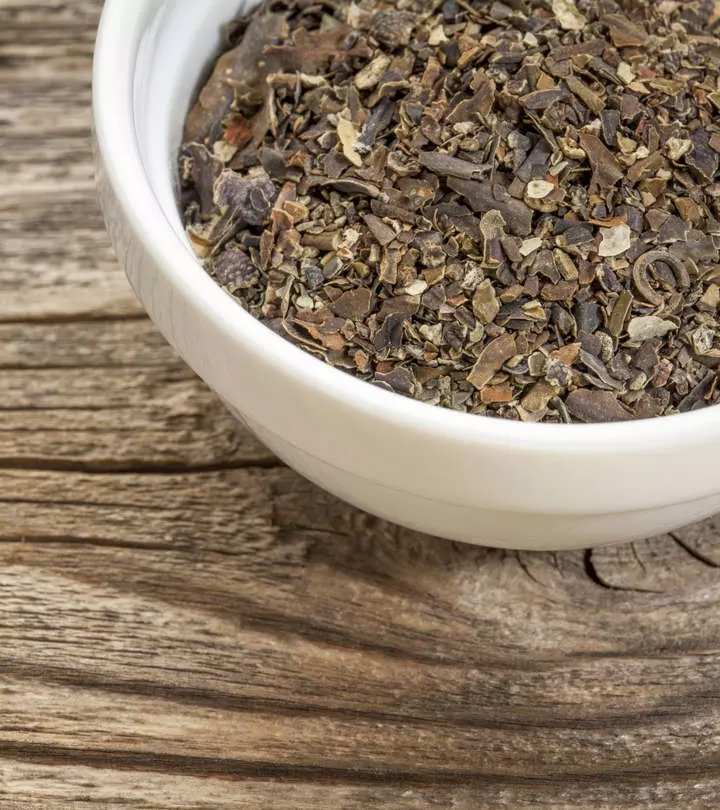
Image: Shutterstock
Bladderwrack is popular for its medicinal properties. It is commonly used in traditional medicine as a supplement. The health benefits of bladderwrack are evident with its impressive nutritional profile. This seaweed is known to help manage several health conditions. But what does science say? Does bladderwrack have any side effects? Continue reading to understand.
 Know Your Ingredient: Bladderwrack
Know Your Ingredient: BladderwrackWhat Is It?
A nutrition-rich, olive-brown shoreline seaweed.
What Are Its Benefits?
It may help manage thyroid disorders and diabetes, improve gastrointestinal function, and reduce the risk of ischemic stroke.
Who Can Consume It?
Anyone with digestive issues, increased glucose levels, and hypertension may consume bladderwrack.
How Often?
You can consume it regularly.
Caution
Avoid overconsumption as it may aggravate acne and lead to digestive problems like nausea, vomiting, diarrhea, and bloating.
In This Article
What Is Bladderwrack?
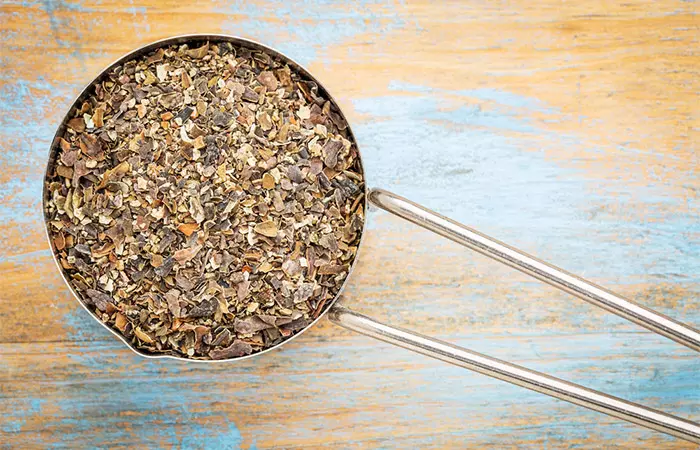
Bladderwrack is a seaweed that grows on the coasts of the North Sea, Western Baltic Sea, and the Atlantic and Pacific Oceans. It is commonly known as black tang or brown seaweed. Many consume bladderwrack for its medicinal properties. It is especially used for managing thyroid disorders as it contains iodine, an essential component for maintaining normal thyroid function and overall thyroid health (1).
 Trivia
TriviaContinue reading to know about the nutritional value of bladderwrack.
Key Takeaways
- Bladderwrack, also known as brown seaweed, is rich in protein, calcium, iron, and magnesium.
- Consuming bladderwrack may promote digestion, reduce blood glucose levels, and minimize blood clotting in individuals with high blood pressure and diabetes.
- However, excess consumption of bladderwrack may result in side effects such as nausea and vomiting.
Bladderwrack Nutrition Profile
A hundred grams of dried bladderwrack powder contains (2):
| Protein | 12.99 g |
| Lipid | 3.75 g |
| Ash | 20.71 g |
| Calcium | 1160.27 ± 23.10 mg |
| Iron | 18.99 ± 0.32 mg |
| Potassium | 3745.05 ± 36.01 mg |
| Manganese | 8.28 ± 1.07 mg |
| Sodium | 2187.51 ± 36.90 mg |
| Amino Acids | 11.90 g |
| Magnesium | 1.96 mg – 8.28 mg |
Bladderwrack benefits are attributed to its nutrients. Let’s understand how it can keep you healthy.
Bladderwrack Health Benefits
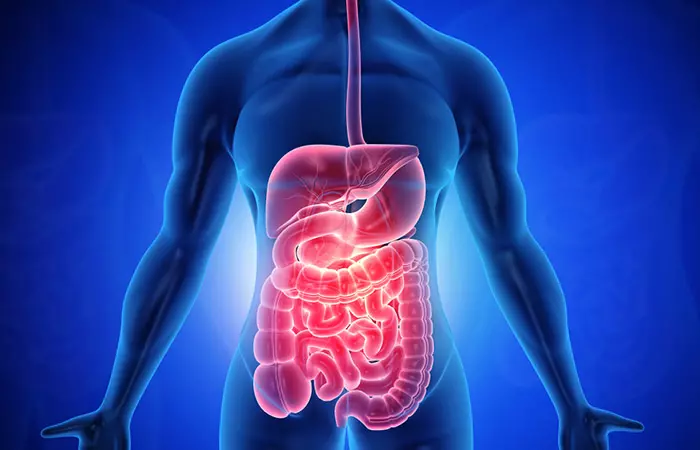
1. Improves Gastrointestinal Function
Bladderwrack, similar to other seaweed benefits, contains high levels of dietary fiber, which promotes gastrointestinal health. Dietary fiber helps regulate the intestinal flow and also stimulates the growth of gut-friendly microbiota.
2. Helps Manage Diabetes
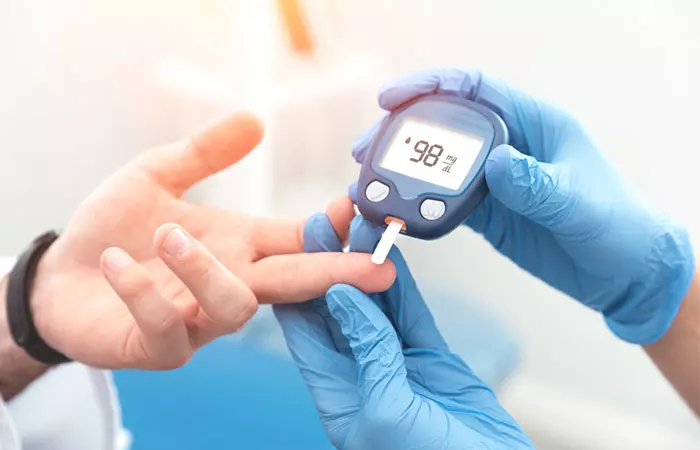
Bladderwrack contains fucoidans, bioactive compounds with potent anti-diabetic properties. They can reduce glucose absorption into the bloodstream, increase serum insulin levels, and help manage diabetes. Animal studies found that oral intake of bladderwrack reduced fasting blood glucose levels and hence, indicated its potential for blood sugar control.
3. Has Anticoagulant Properties
The fucoidans in bladderwrack make it an excellent anticoagulanti A substance (also called blood thinners) that prevents blood clot formation by slowing down blood’s ability to clot. . Animal studies found that fucoidans could mimic the action of heparin, a potent anticoagulant. This may reduce the risk of ischemic strokei A common type of stroke that occurs when blood clots in the artery block blood flow to the brain. by minimizing blood clotting tendency in people with a history of hypertension and diabetes. However, the exact mechanism of how it works is not yet clear and needs further research.
 Trivia
Trivia4. Has Antitumor Properties
Fucoidans have antitumor properties and were found to significantly inhibit the number of metastasesi Refer to the spread of cancer cells from the primary location to different body parts through the blood or lymph system. in lung carcinoma (in mice studies) and exhibit anticancer activities (3).
5. Antiviral Properties
The fucoidans in bladderwrack have a capacity to inhibit poliovirus III, adenovirus III, ECHO6 virus, herpes simplex virus (HSV), cytomegalovirus (CMV), and dengue virus (3). However, the exact mechanism remains unclear.
Additionally, bladderwrack has been studied for its potential anti-inflammatory properties (3).
6. May Help Maintain Skin Health
The skin elasticity decreases with age. However, using bladderwrack may help prevent that. It has anti-aging benefits and may help maintain your overall skin health. According to a study published in the Journal of Cosmetic Science, applying a gel formula, with 1% extract of this algae on the cheek skin twice daily for five weeks improved skin elasticity (4). Thus, it has been concluded that the bladderwrack may possess anti-aging benefits that can be used in various cosmetics. It may also increase collagen production and improve the appearance of cellulite (5). However, more research is needed to confirm that bladderwrack can promote skin health.
If you are wondering how to include bladderwrack in your diet, read the next section.
How To Take Bladderwrack And Recommended Dosage
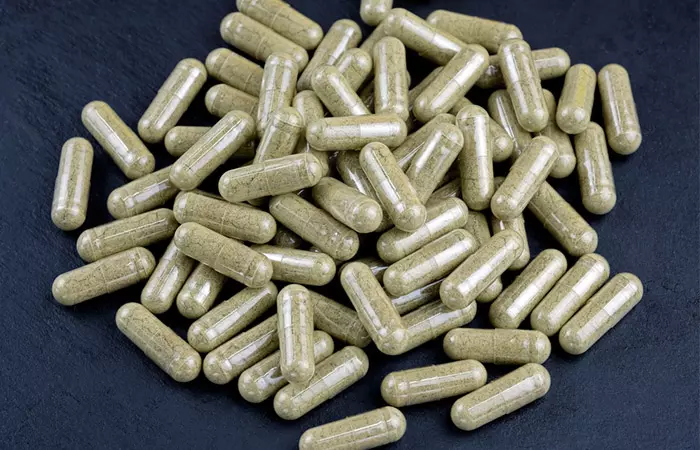
Bladderwrack is available in a variety of forms, catering to different lifestyles and preferences. Capsules and powders provide a precise and convenient way to consume bladderwrack in measured doses, making them ideal for those seeking a consistent intake. Bladderwrack tea, on the other hand, offers a soothing and flavorful way to enjoy the benefits of this seaweed for those who enjoy a more relaxed approach to their health. Thus, individuals can select the option that best suits their lifestyle and health objectives.
Seaweeds, in general, have a fishy smell, which can be unpleasant for a few when consumed as they are or in powdered form. That is why bladderwrack and other seaweed supplements are available in capsules.
It is best to consult a doctor to determine the ideal dosage (usually, it does not exceed three capsules), depending on your health condition and nutritional requirements, as unregulated intake may cause side effects.
Side Effects Of Bladderwrack

Bladderwrack is possibly safe when taken in small amounts. But anecdotal evidence suggests that excess intake may cause a few side effects like:
- Nausea And Vomiting: Its unpleasant taste and odor may make you nauseous and cause vomiting.
- Diarrhea: A few people reported experiencing diarrhea and sticky stools after taking bladderwrack supplements. This might be due to bladderwrack’s nutrient-dense nature. You may also experience dehydration due to diarrhea. Hence, consume adequate amounts of fluids to combat this.
- Bloating: Excess consumption of bladderwrack may cause bloating and gastric pain, which may be due to the high fiber content. Stay hydrated to minimize this side effect.
- Tingling Sensation In The Throat: If you are allergic to bladderwrack, it may cause itching and tingling sensation in the throat.
- May Aggravate Acne: Excess consumption of bladderwrack may worsen acne due to its high iodine content. However, there is no research to prove the exact mechanism.
If you experience any of the symptoms, stop consuming bladderwrack supplements. If the effects persist for over three days, consult a doctor immediately.
Infographic: Top 6 Bladderwrack Health Benefits
Bladderwrack, popularly known as brown seaweed, contains many nutrients that contribute to its numerous health benefits, from aiding gut health to preventing viral infections. Explore the top 6 health benefits of this ingredient in the infographic below. Scroll down now!
Illustration: StyleCraze Design Team
Bladderwrack’s benefits can be attributed to its nutritional content. When included as a part of your regular diet, bladderwrack can promote gastrointestinal function, help in managing diabetes, exhibit anti-coagulant, anti-tumor, and anti-viral properties, and contribute to skin health and immune system support. Bladderwrack is generally taken in the form of capsules. Although it is generally considered safe, it can trigger nausea, vomiting, diarrhea, bloating, a tingling sensation in the throat, and aggravate acne if taken in excess amounts. Hence, caution is advised when consuming it. However, you can take bladderwrack or its supplements with medical advice to promote your overall health.
Frequently Asked Questions
Is bladderwrack good for the liver?
Yes. The extracts of bladderwrack help improve glycemic control and also reduce the risk of non-alcoholic fatty liver disease (6).
Is bladderwrack good for hair growth?
Anecdotal evidence suggests that the bladderwrack has a wide variety of nutrients including antioxidants that may help improve hair growth and also combat oxidative stress. However, limited data is available to prove these claims.
Does bladderwrack lower estrogen?
Yes. In one study, the intake of bladderwrack showed a significant decrease in estradiol (primary form of estrogen) levels in a person with high serum estrogen levels (7).
Can I take sea moss and bladderwrack together?
Yes. You can take sea moss and bladderwrack together. They are readily available in capsule or powder forms and can be added to your favorite smoothies or shakes.
How does bladderwrack make you lose weight?
Anecdotal evidence suggests that bladderwrack aids weight loss by stimulating the thyroid gland. However, limited data is available to prove this claim.
Illustration: Bladderwrack: Health Benefits How To Use And Side Effects
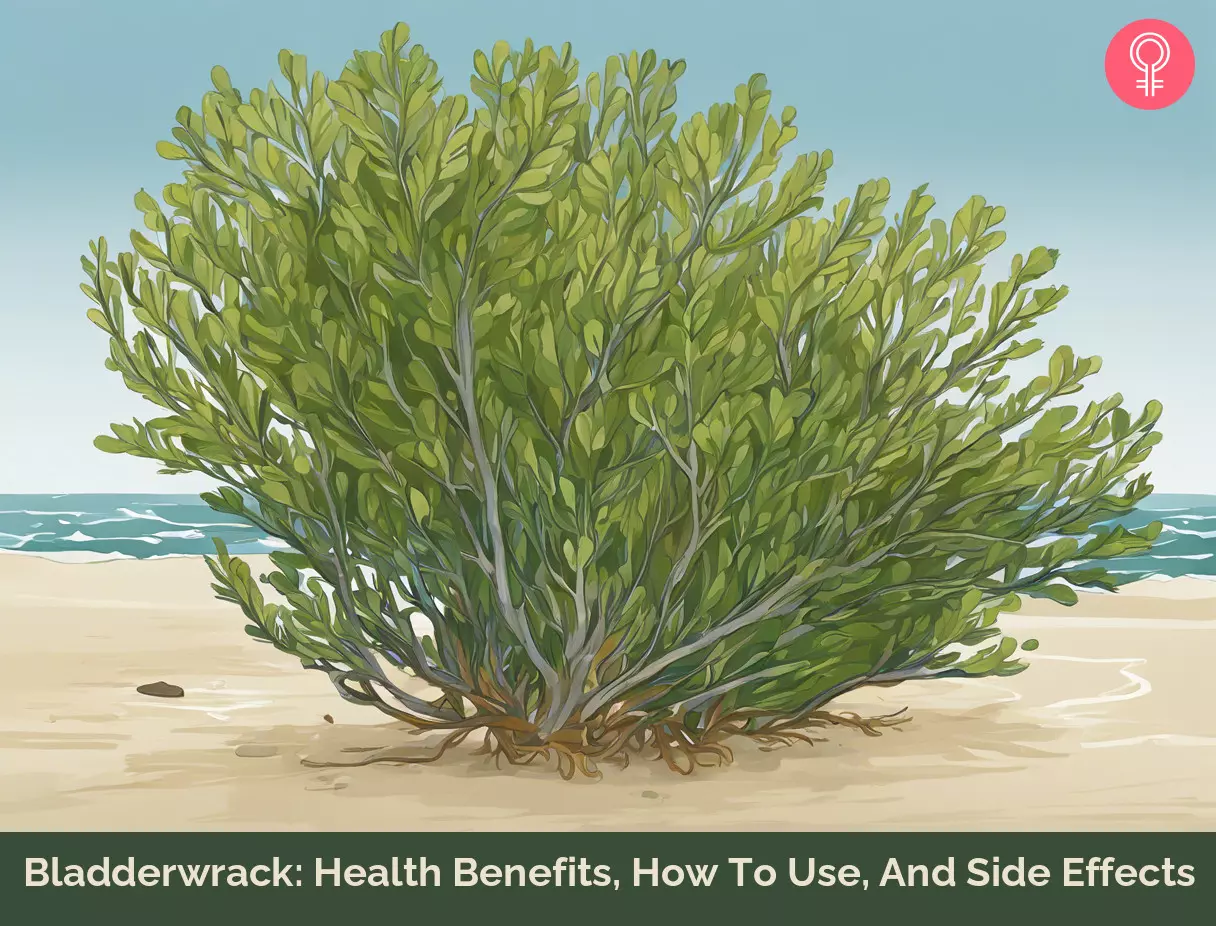
Image: Stable Diffusion/StyleCraze Design Team
Bladderwrack, called the king of seaweeds, offers a host of benefits for your overall health. Watch the video below to learn how it can help with weight loss, joint pain, thyroid health, and more.
References
Articles on StyleCraze are backed by verified information from peer-reviewed and academic research papers, reputed organizations, research institutions, and medical associations to ensure accuracy and relevance. Read our editorial policy to learn more.
- Promoting Healthy Thyroid Function with Iodine Bladderwrack Guggul and Iris
https://www.researchgate.net/publication/272145237_Promoting_Healthy_Thyroid_Function_with_Iodine_Bladderwrack_Guggul_and_Iris - Proximate Composition and Nutritional Value of Three Macroalgae: Ascophyllum nodosum Fucus vesiculosus and Bifurcaria bifurcata
https://www.ncbi.nlm.nih.gov/labs/pmc/articles/PMC5706049/ - Phycochemical Constituents and Biological Activities of Fucus spp.
https://www.ncbi.nlm.nih.gov/labs/pmc/articles/PMC6117670/ - Treatment of human skin with an extract of Fucus vesiculosus changes its thickness and mechanical properties
https://pubmed.ncbi.nlm.nih.gov/11917251/ - Effect of cosmetic ingredients as anticellulite agents: synergistic action of actives with in vitro and in vivo efficacy
https://pubmed.ncbi.nlm.nih.gov/22360330/ - Fucus vesiculosus and Ascophyllum nodosum Ameliorate Liver Function by Reducing Diet-Induced Steatosis in Rats
https://pubmed.ncbi.nlm.nih.gov/31963560/ - The effect of Fucus vesiculosus, an edible brown seaweed, upon menstrual cycle length and hormonal status in three pre-menopausal women: a case report
https://www.ncbi.nlm.nih.gov/pmc/articles/PMC514561/
Read full bio of Olga Afonsky
Read full bio of Aparna Mallampalli
Read full bio of Ravi Teja Tadimalla
Read full bio of Himanshi Mahajan






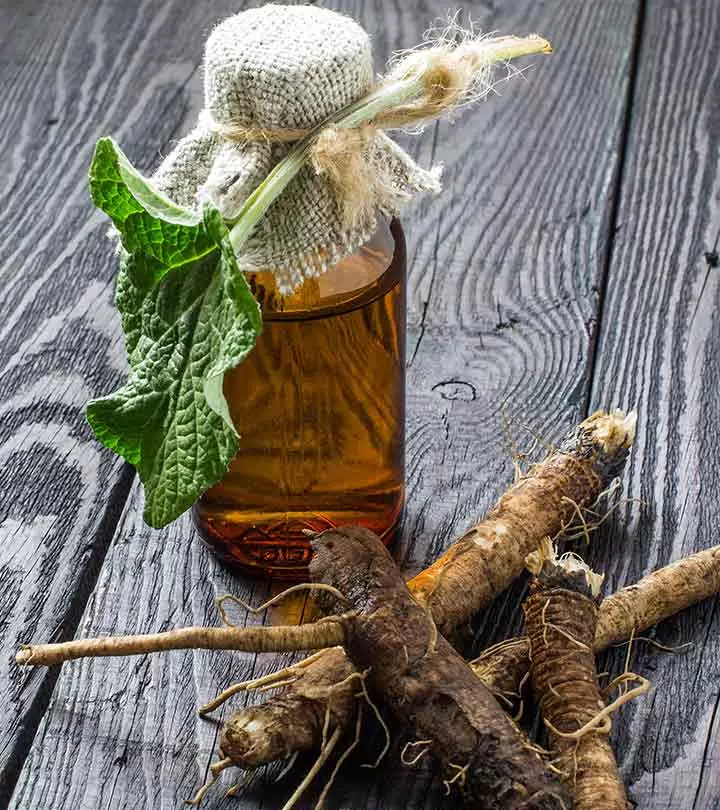
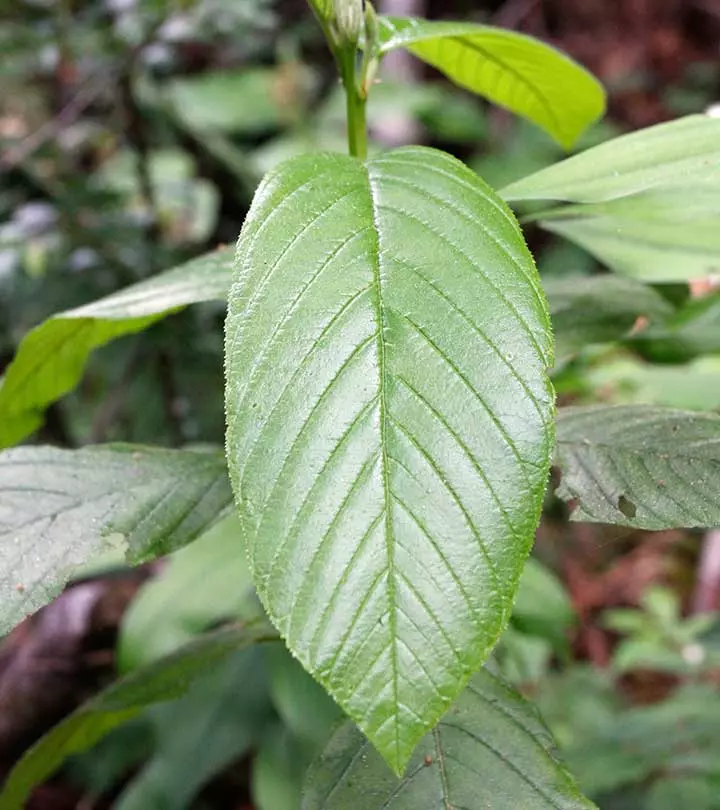
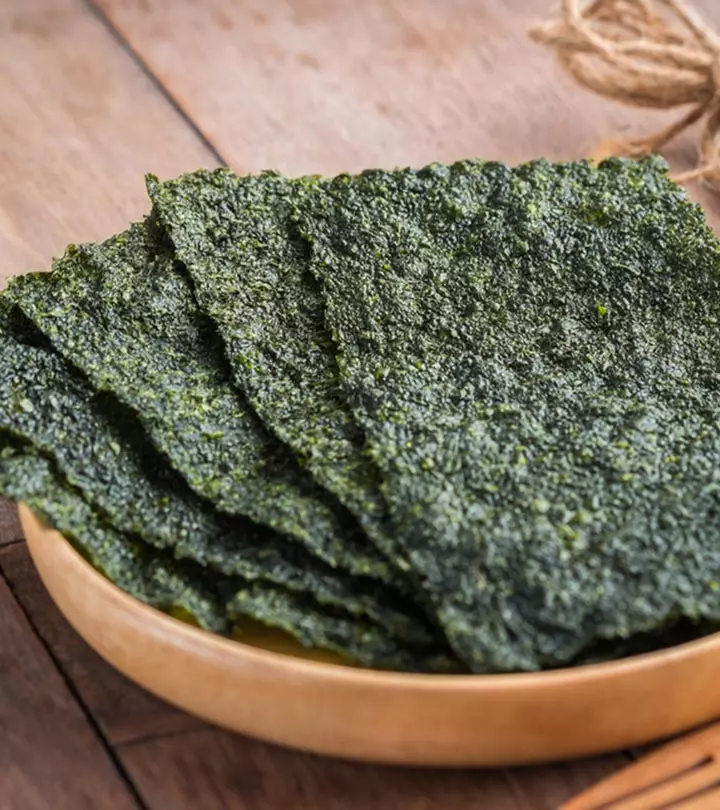
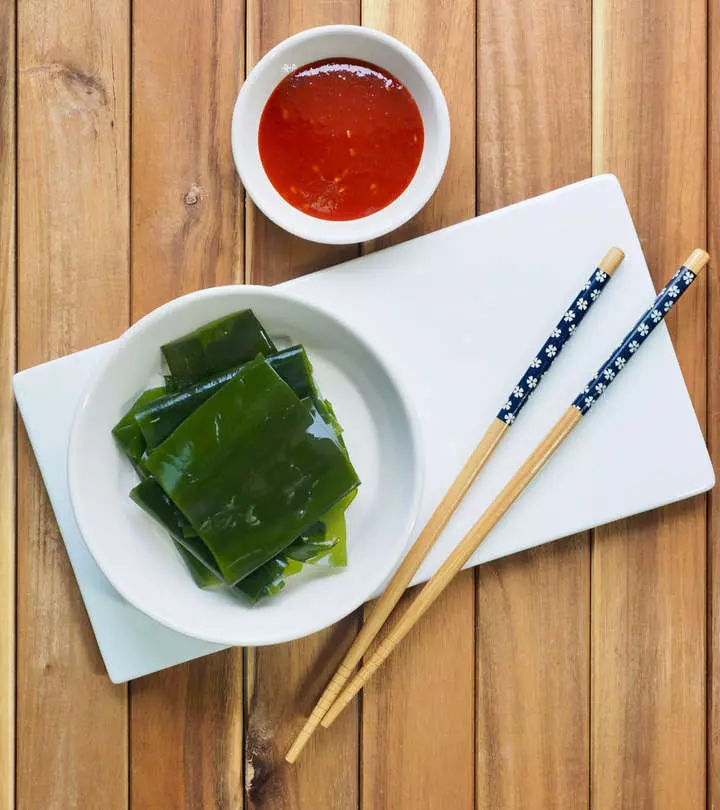
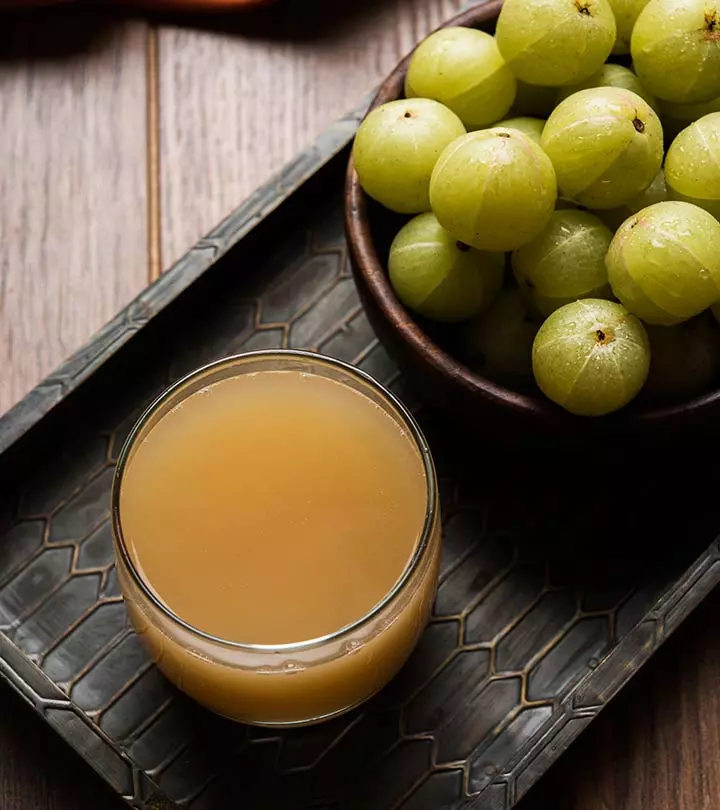
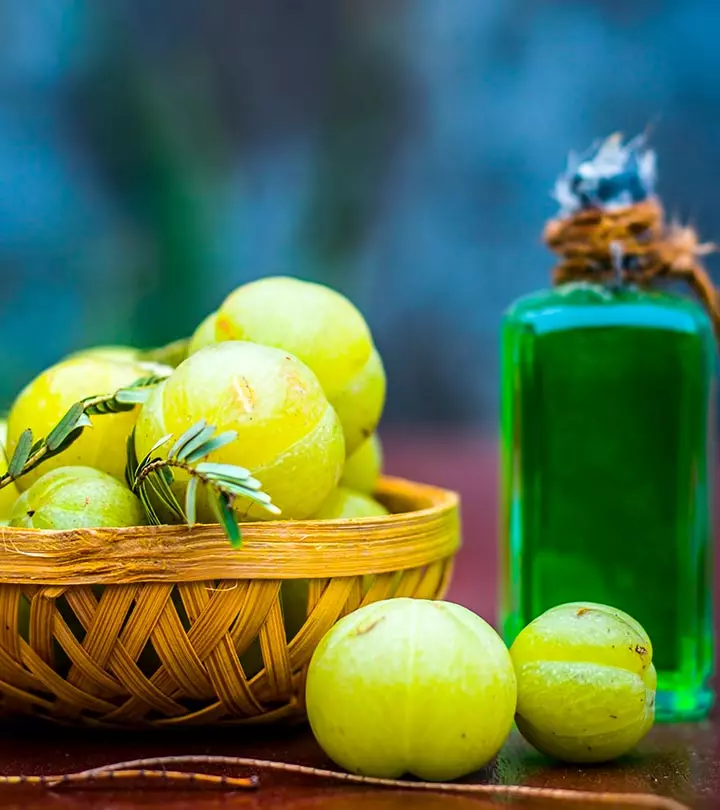
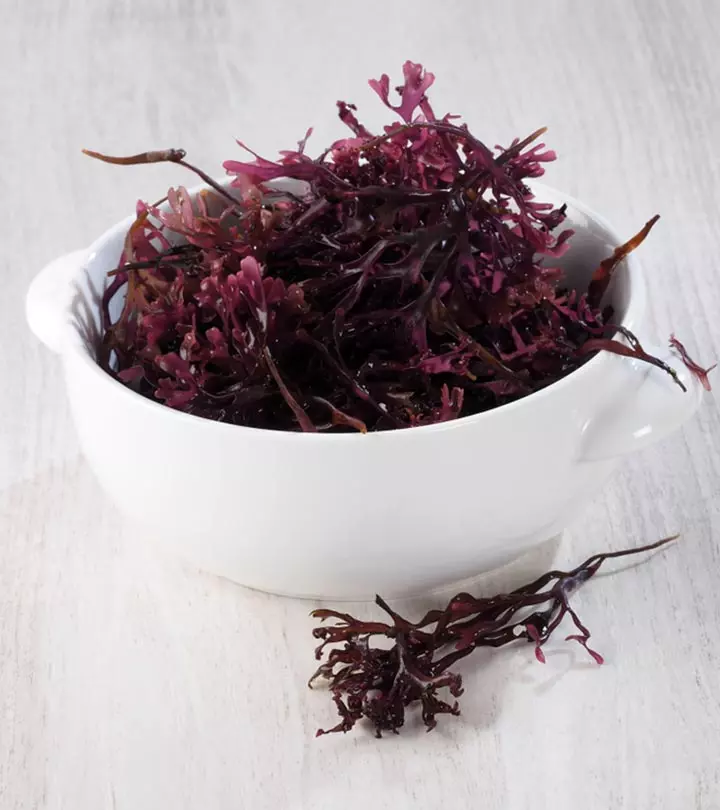
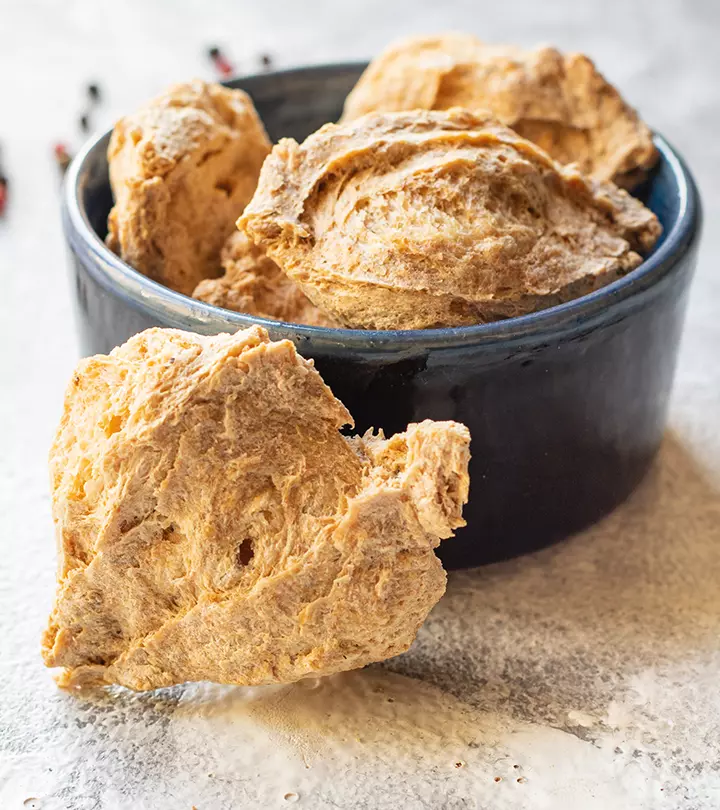
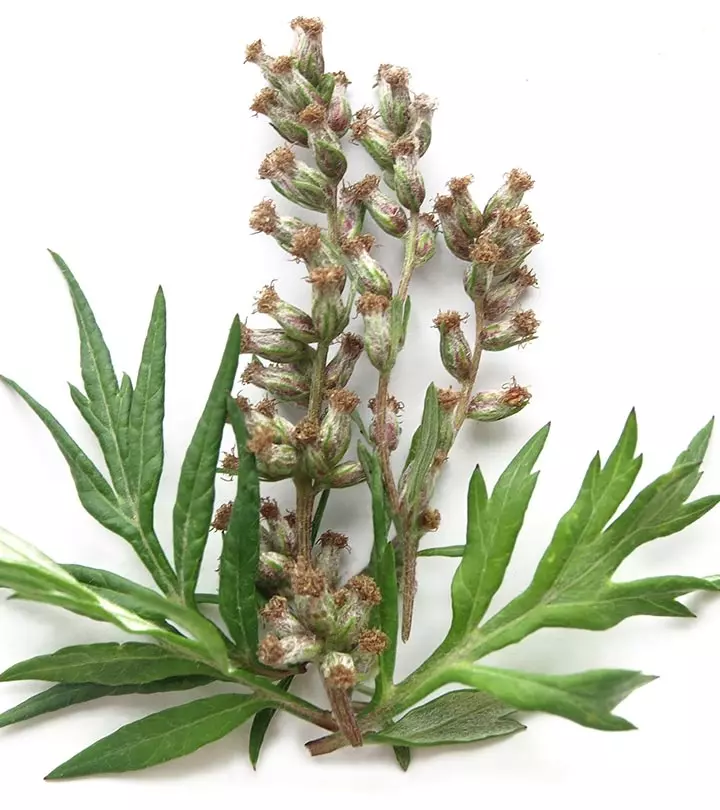
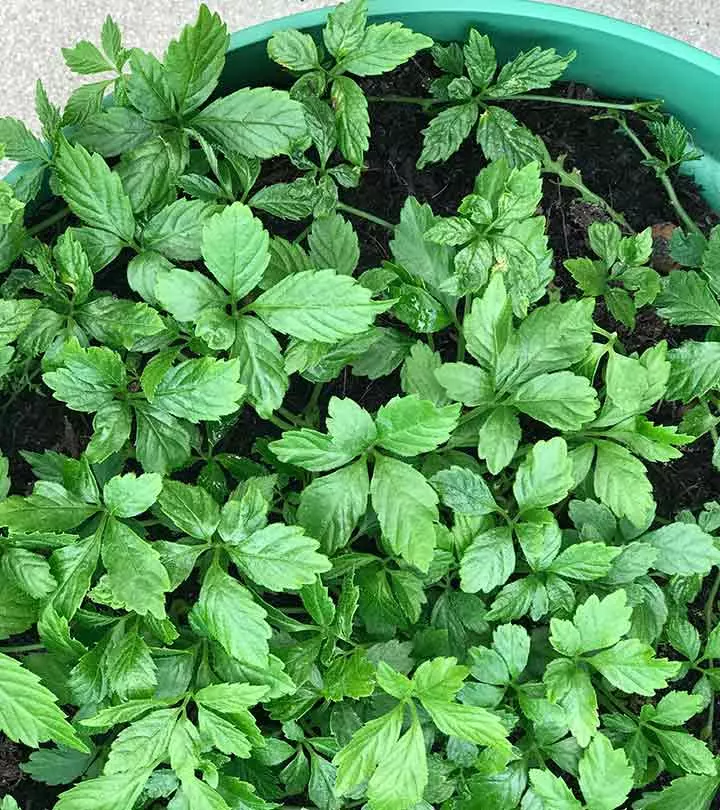
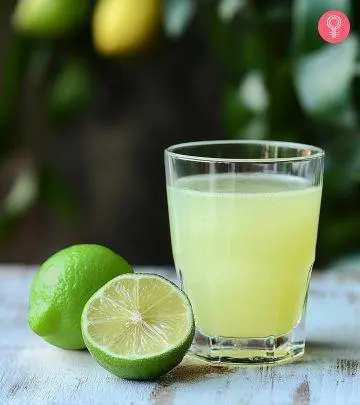
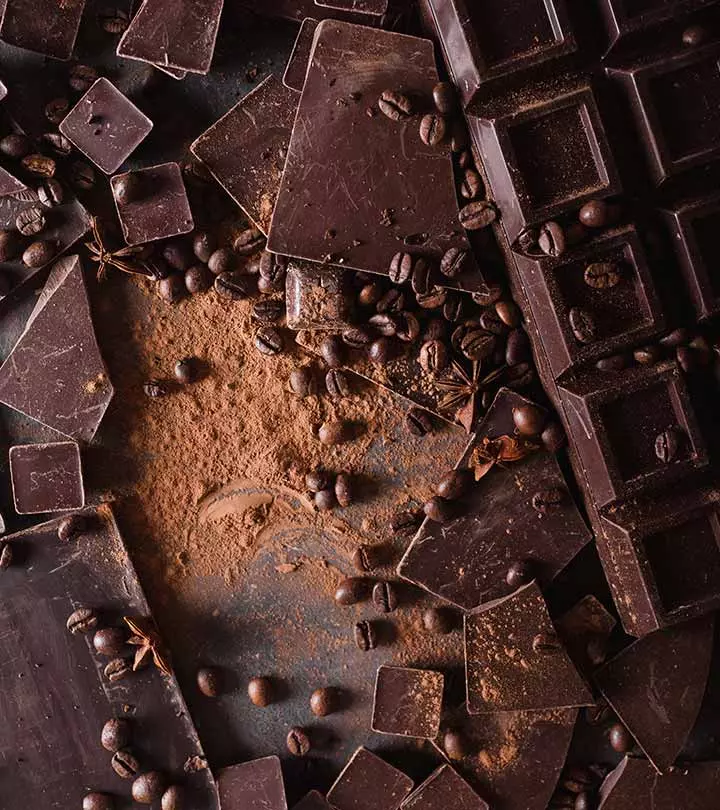
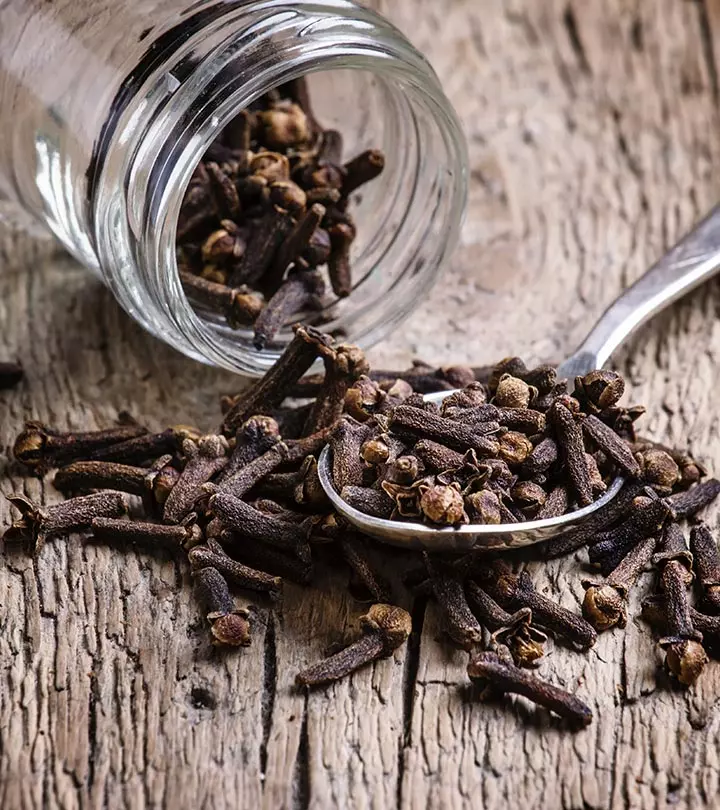
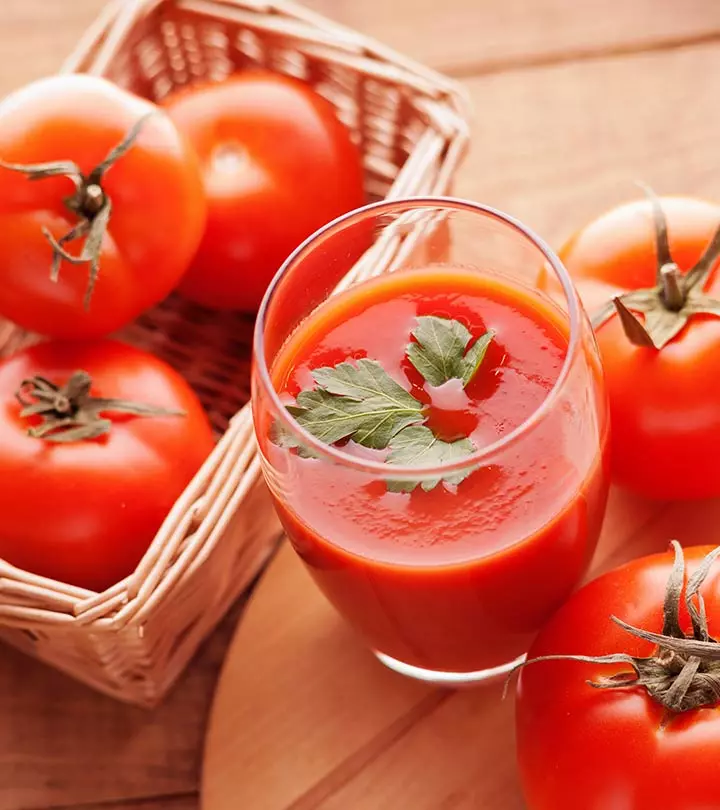
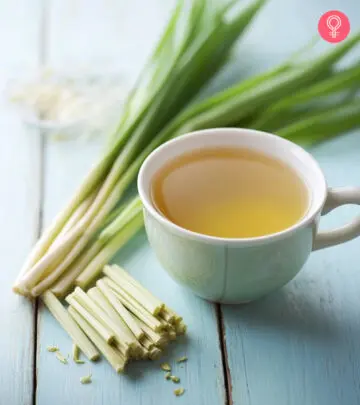
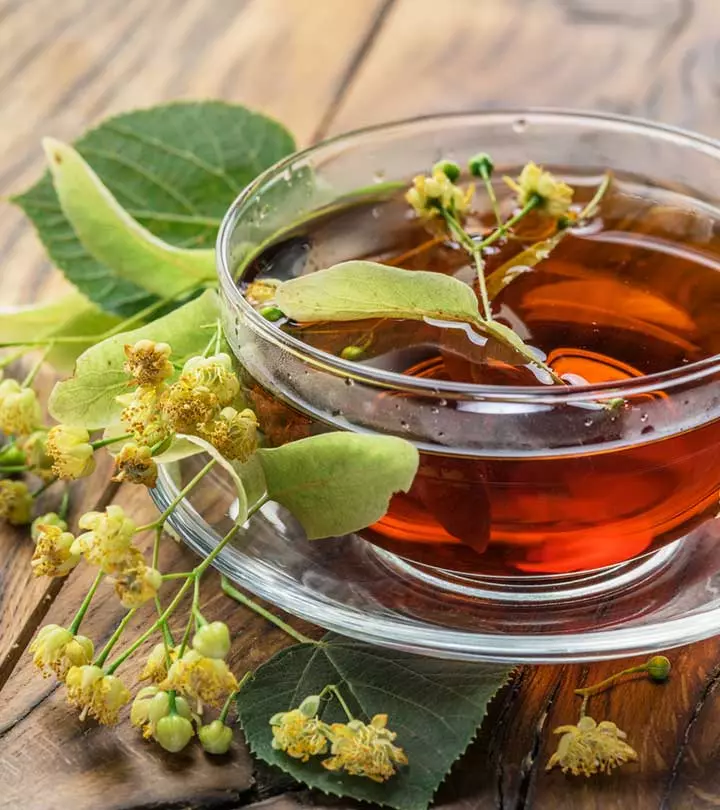
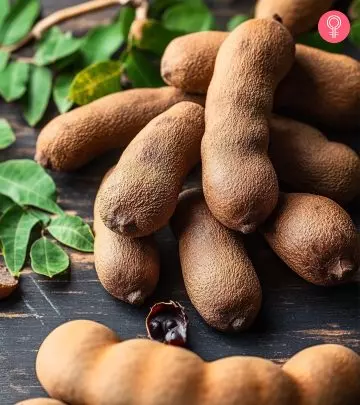
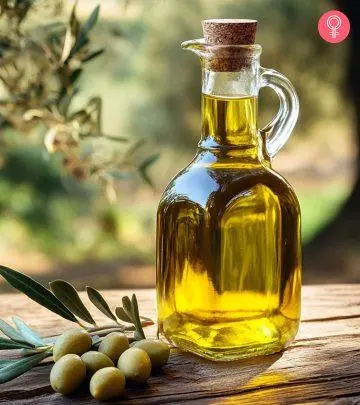
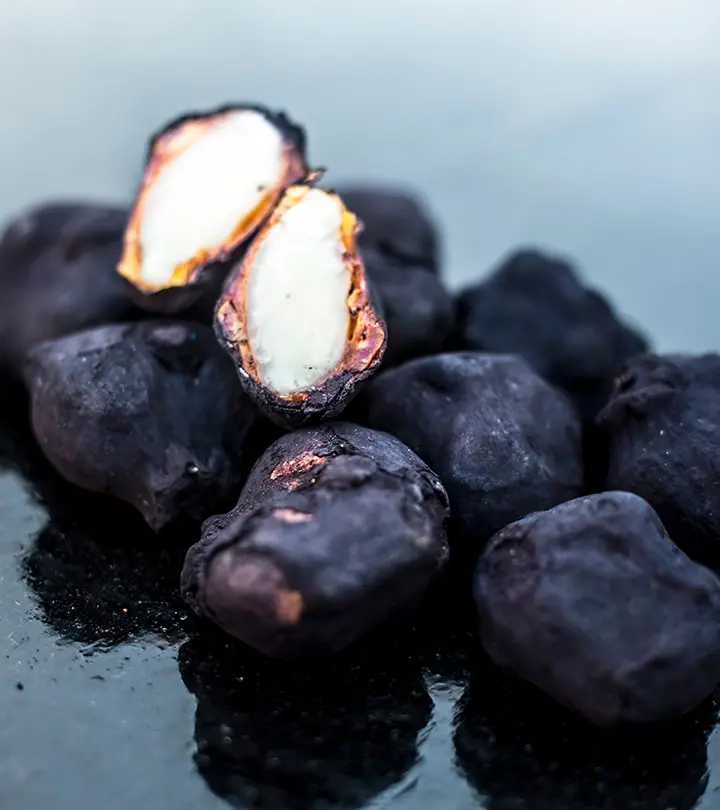
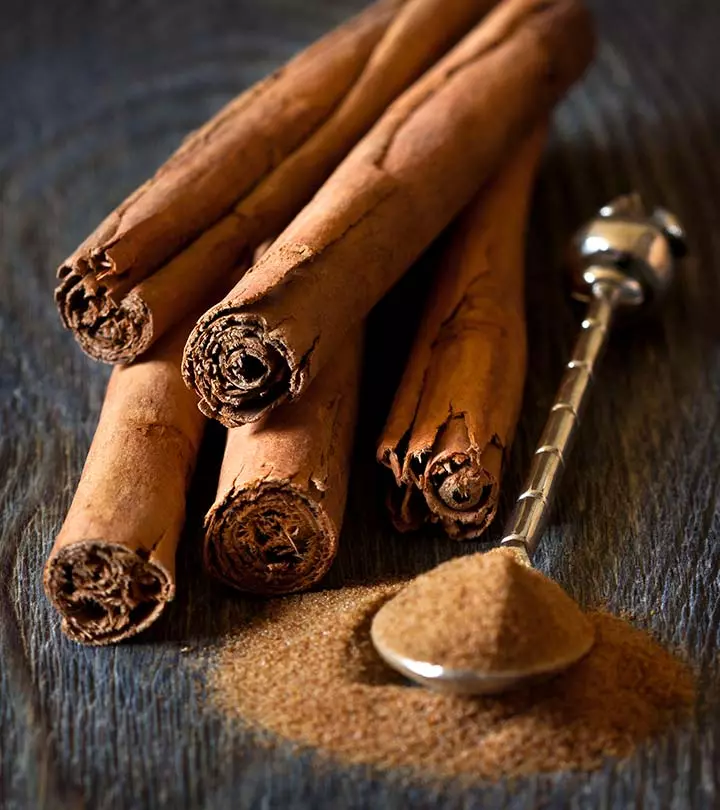
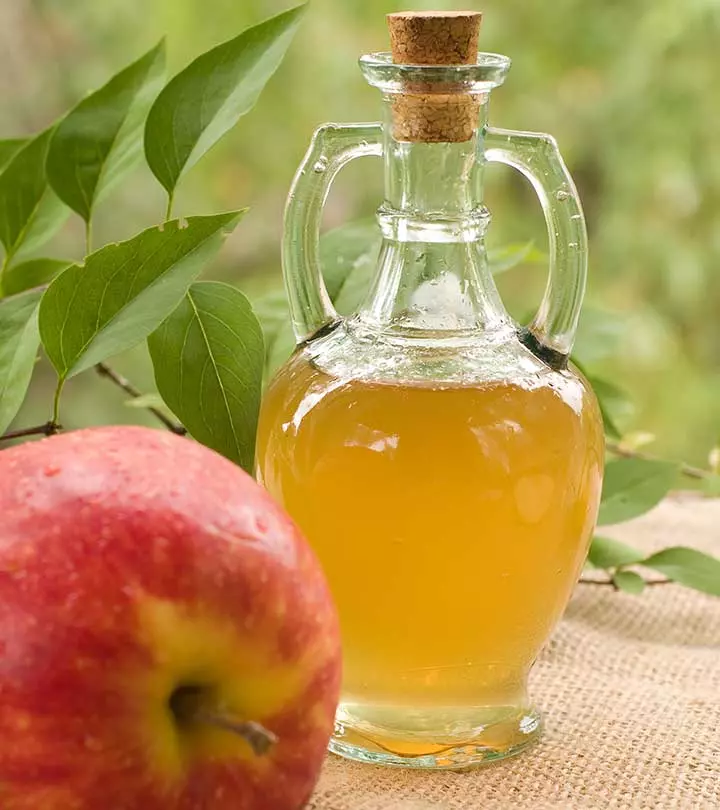
Community Experiences
Join the conversation and become a part of our empowering community! Share your stories, experiences, and insights to connect with other beauty, lifestyle, and health enthusiasts.